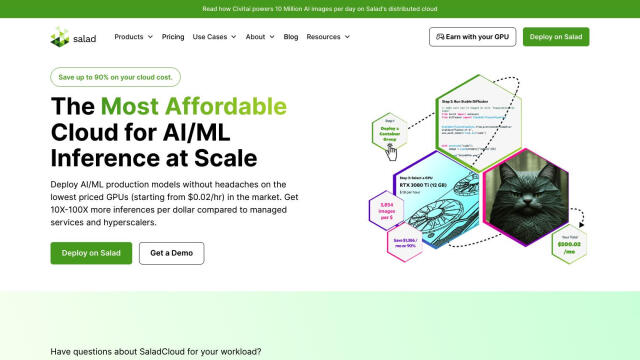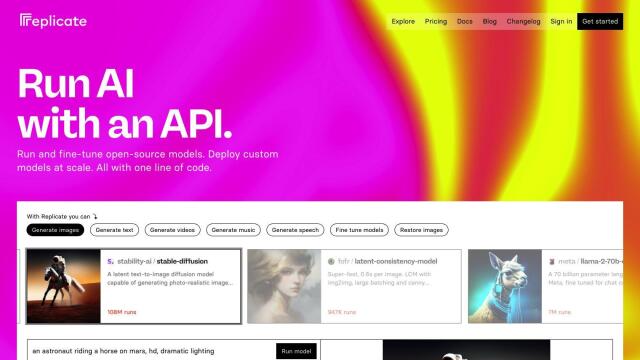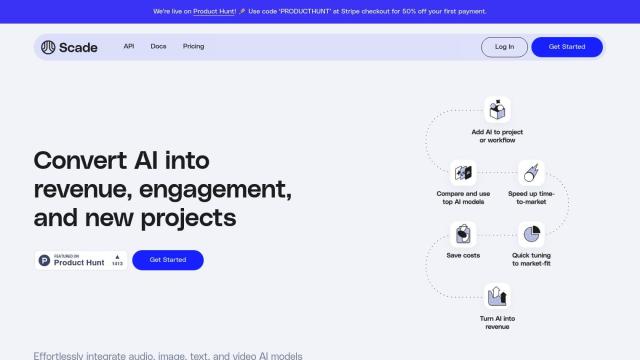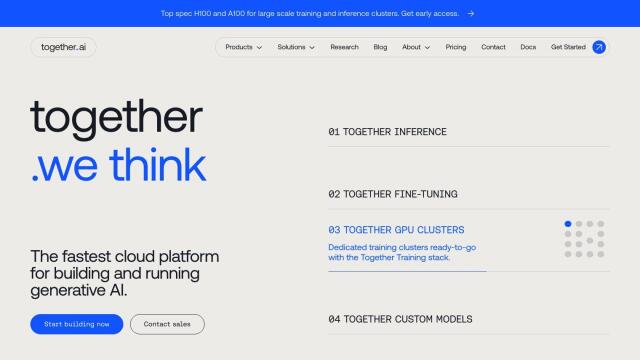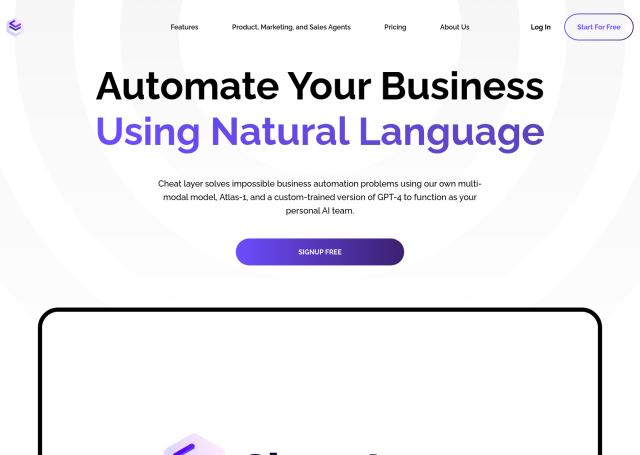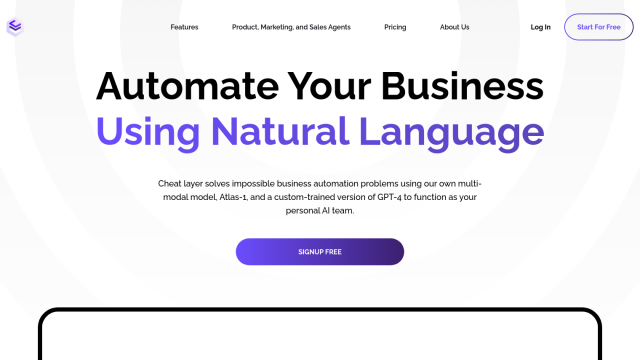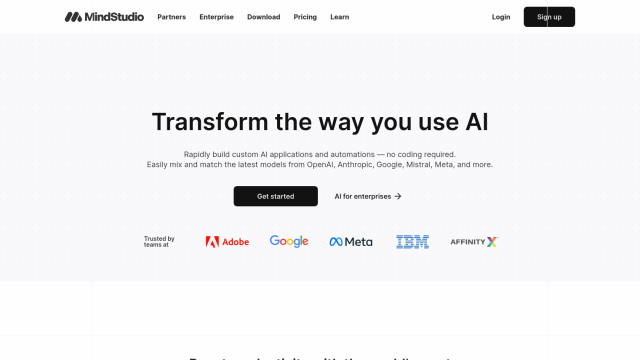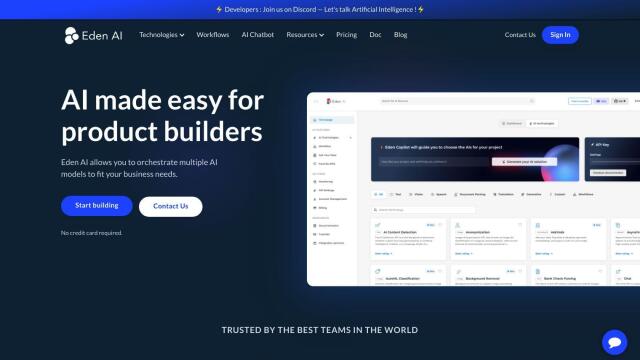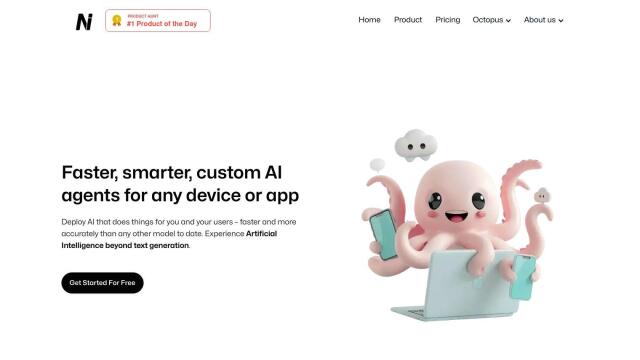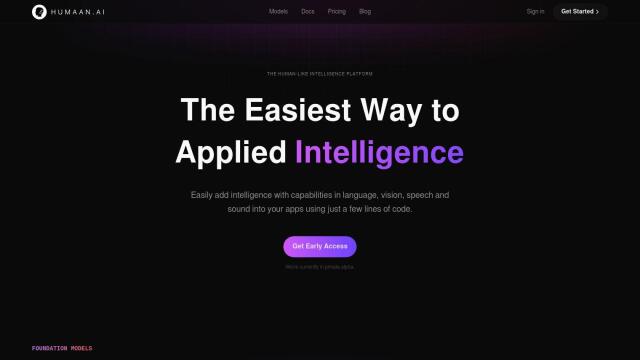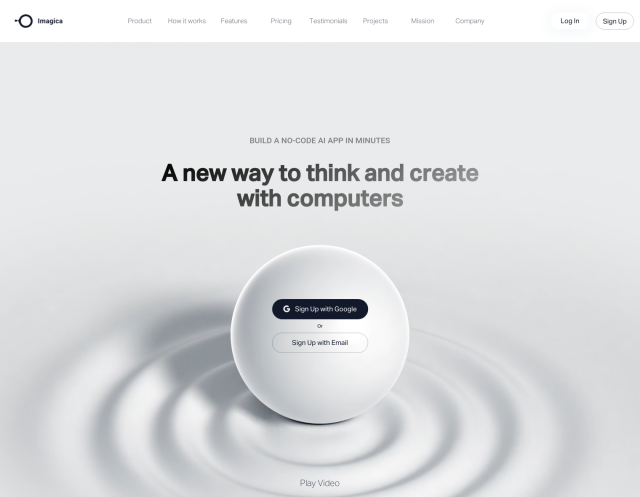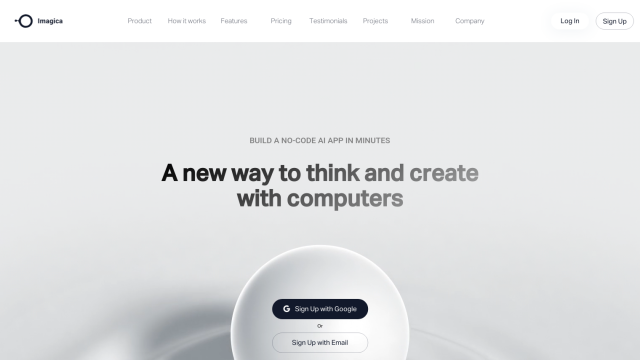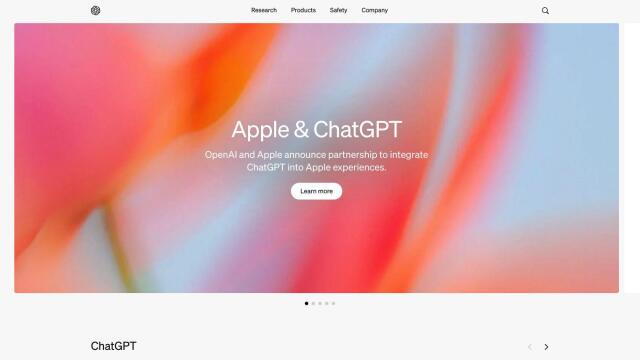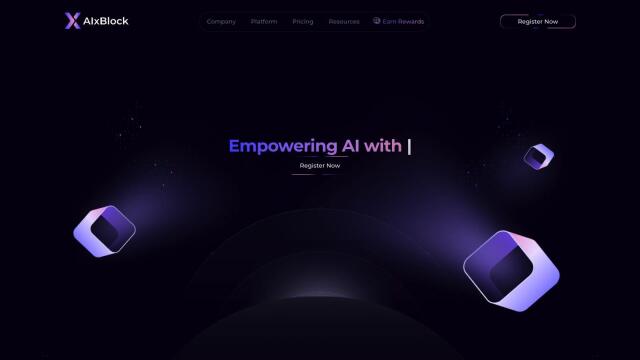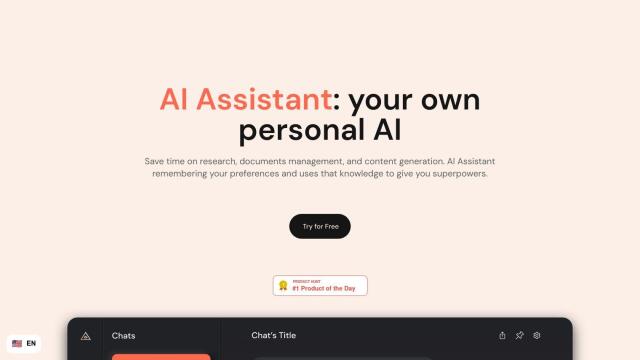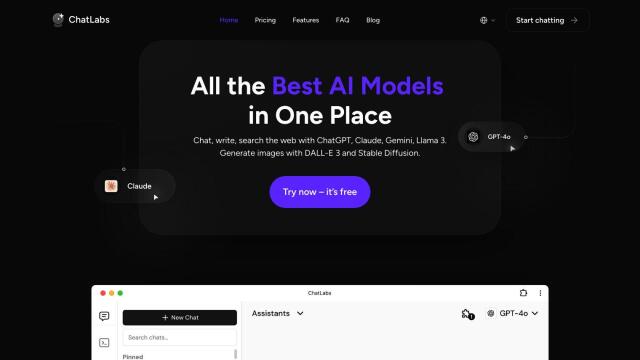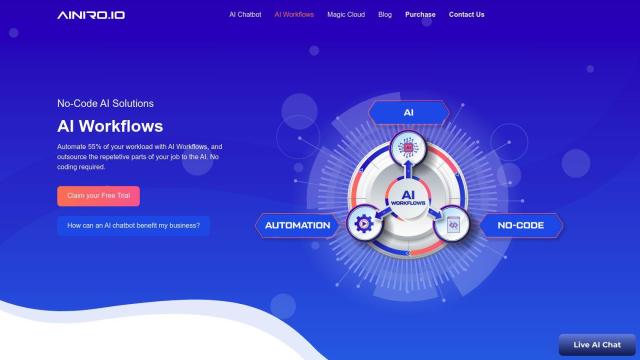Question: I'm looking for a cost-effective way to implement AI capabilities on mobile devices without sacrificing performance.

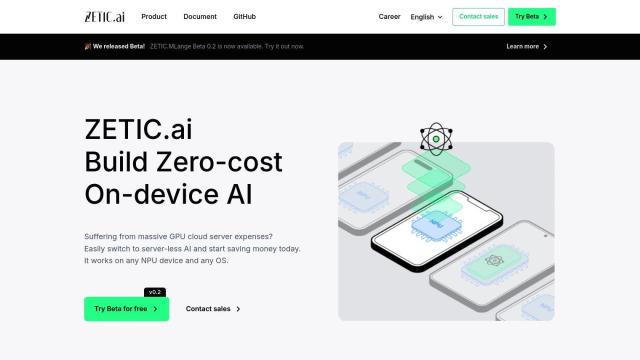
ZETIC.ai
If you're looking for a way to add AI to your mobile apps without breaking the bank and without sacrificing performance, ZETIC.ai is worth a look. It offers an on-device AI software stack that runs on hardware with NPU acceleration for high performance and low power consumption. The platform is designed to minimize the need for expensive GPU cloud servers, which means stronger user data privacy and lower AI service maintenance costs. With its automated pipeline, you can deploy AI applications quickly and securely.


Coral
Another good option is Coral, which offers fast, private and efficient AI abilities through on-device inferencing. Coral supports popular frameworks like TensorFlow Lite and runs on Debian Linux, macOS and Windows 10. It comes with pre-compiled models for tasks like object detection and image segmentation, so it's flexible and can be used in a variety of industries. By running AI on the device, Coral overcomes data privacy and latency issues, so it's a good option for those who need something that's reliable and efficient.

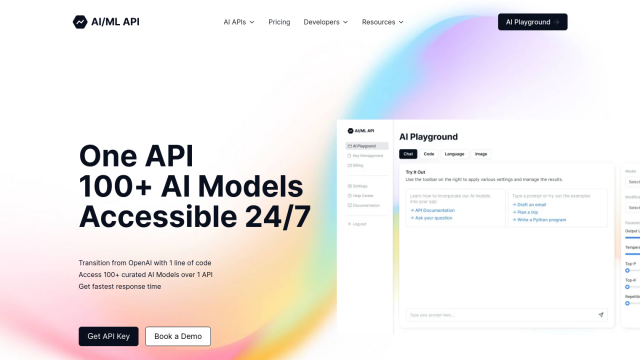
AIML API
For developers who need access to a wide variety of AI models, the AIML API is another good option. It offers more than 100 AI models through a single API, so you can get the results you need quickly and easily. With serverless inference and a simple pricing model based on token usage, it's very scalable and reliable. This API is a good option for advanced machine learning projects that need fast and efficient access to a variety of AI abilities.
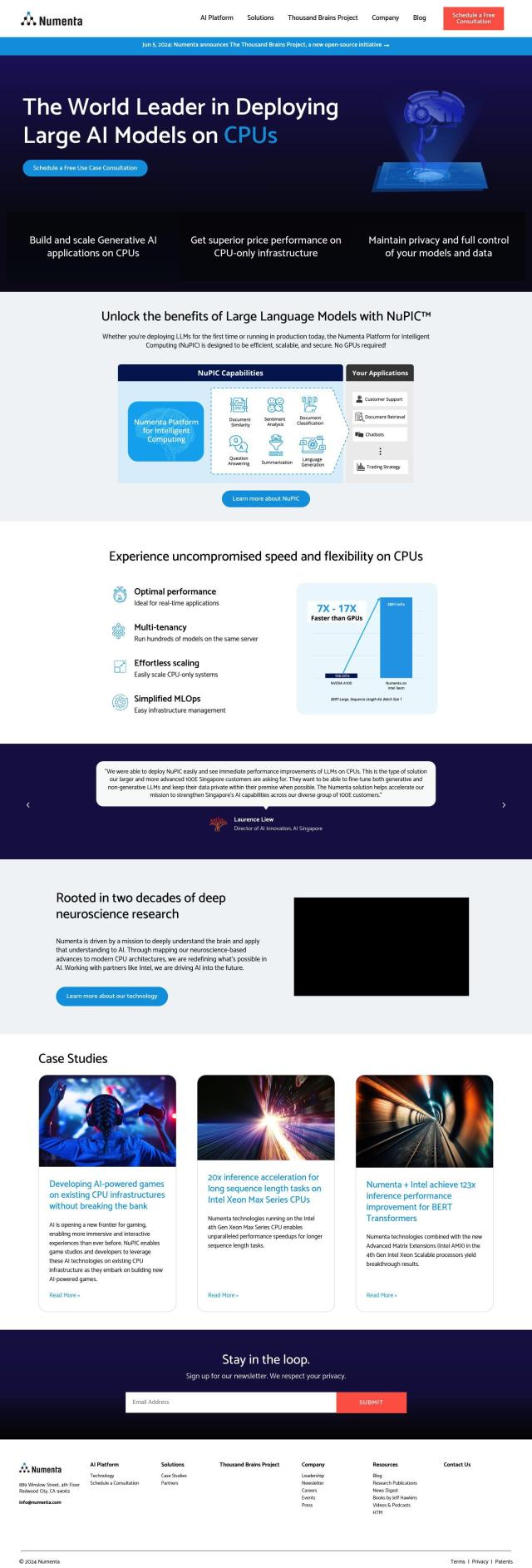
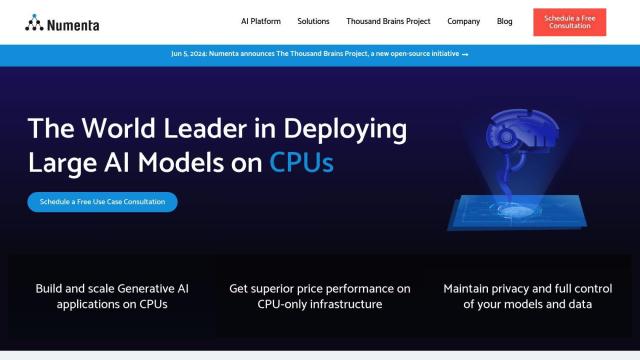
Numenta
Finally, if you're interested in running large AI models on CPUs, Numenta could be the best option. The company's NuPIC system runs Generative AI apps without GPUs, with real-time performance optimization and multi-tenancy. It's geared for industries like gaming and customer support, with high performance and scalability and data privacy and control. Numenta is a good option for businesses that want to tap into the power of large language models without the extra expense of GPUs.



